We all love a good film. Â We all hate a bad film. Â What makes them different? Â These are my three requirements to a good film and a checklist to have before you start making your own.
Good Script
It sounds simple enough, but the script is the starting point of every film. Â This is where the idea starts and is the launching point of each major decision to be made for that film. Â A script will decide the budget of the film, the required equipment, the amount of crew… But beyond that, a script will be the reason you are making this film. Â Is it a story with passion, terror, drama, excitement…does it open people’s minds…does it keep them on the edge of their seats…does it allow them to forget about the real world, if only for a short time?
Having a good script is a really important place to start. Â If you don’t have a believable, entertaining, moving or epic story, why are you even making this film? Â We all have our favorite films to quote, but it doesn’t matter how great an actor delivers a line if they don’t have a great line to deliver.
Good Acting
Script writing is something anyone can sit at their laptop and crank out, but a good actor who can deliver the line with emotion and believability is a lot rarer.  This is why actors get paid the “big bucks”.  When you are on a budget, it may be tempting to grab any local actor who will take the part but this would be a major mistake.  A good actor knows how to deliver lines the way a director wants, hit their marks, do an identical take, etc.  It’s been said that if you’re going to spend money on a film, spend it on what shows up on the screen.  Acting is one of the biggest examples of that.
Good Production
This can be interpreted multiple ways.  Good production doesn’t necessarily mean Technocranes, Steadicams and Panavision lenses.  What it does mean is proper use of equipment and technique.  Such as…
Lighting
You’ve heard me say this before, and I’ll say it till I’m dead…lighting is one of the most important aspects of filmmaking. Â If you can’t afford a good DP (director of photography) than this is the first skill you should devote your time to learning. Â Lighting does many things. Â It helps portray 3 dimensions in a 2 dimensional medium. Â It helps properly expose the film/sensor. Â But most importantly, it helps to tell your audience how to feel. Â A hard key with a blue kicker is an edgier, intense emotion. Â Soft, warm lighting is lighter and friendlier. Â This is all controlled by lighting.
Sound
Sound is half of video. Â One of my favorite quotes has been, “Audio without video is radio. Video without audio is dead air.” Â Poor audio quality will quickly ruin any film. Â This can be tricky since you may not be able to record clean audio in every location. Â But if you want to have the best quality film, you will need to focus your energy on the audio. Â Since the set of a film can be a rather noisy place, most of the dialogue you hear in movies is actually re-recorded in a studio. Â Get some good mics and get a good audio engineer who knows how to best utilize them.
Movement
As I said before, you don’t need to own the top camera gear out there, but you do need to know how to incorporate movement in your filmmaking. Â A slow dolly in when a character is realizing something…a tilt down from the sky to reveal a picnic in the park…a rising jib shot as the character drives away into the sunset. Â These all add a great deal to each scene and your film can feel empty without them.
Those are just a few factors of good production. Â Others can include computer graphics, color grading, editing, music, etc. Â When good production comes together, it allows the story and the acting to shine through.
_______________________________________________________
What happens when a film is missing one of these requirements? Â I think it can still stand up and be a decent film. Â Take the Transformers films for example. Â Amazing production value, great acting, okay script. Â Still an entertaining movie for most. Â There are times when having only two of the requirements will still allow a film to be good.
What happens when you only have one? Â Well that’s when a film usually falls apart. Â Take G.I. Joe: The Rise of Cobra for example. Â Great production, unbelievable characters and story. Â Nothing could save that film.
So when you’re ready to shoot a good film, find a great story and develop it into a good movie script…find talented actors who can embody the characters with believability and charisma…and learn to use the gear at your disposal in the best possible ways to make the movie visually come alive.

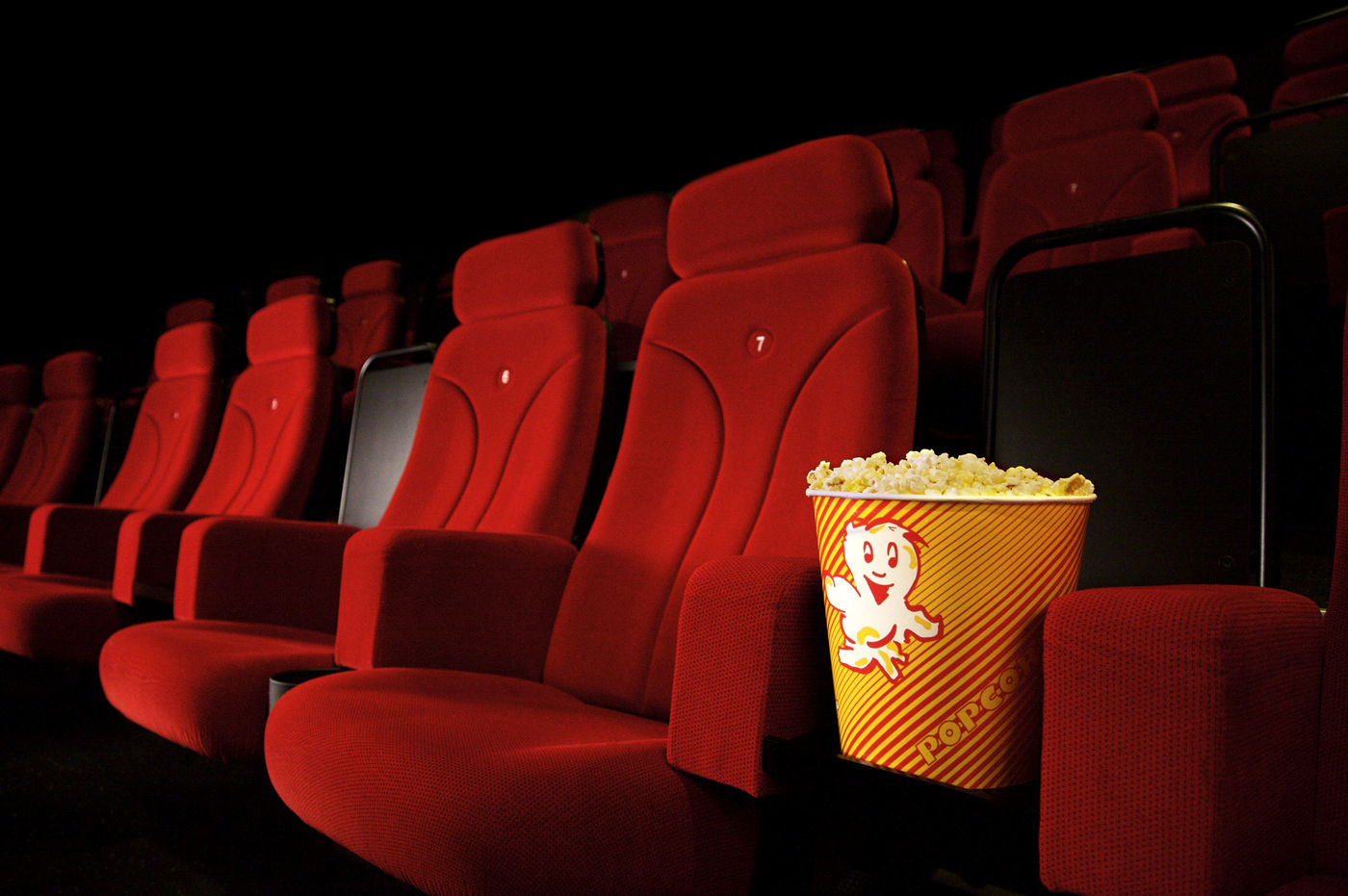
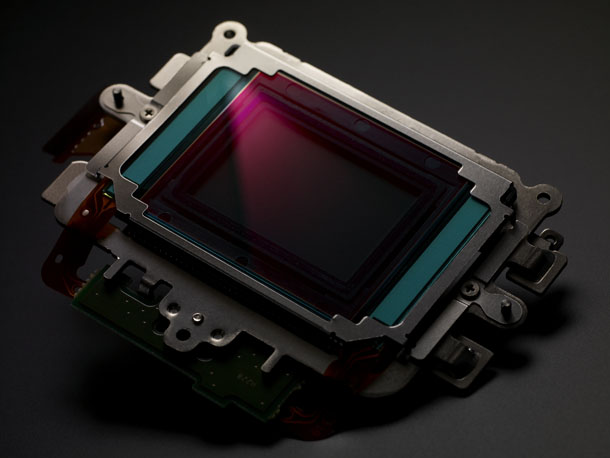
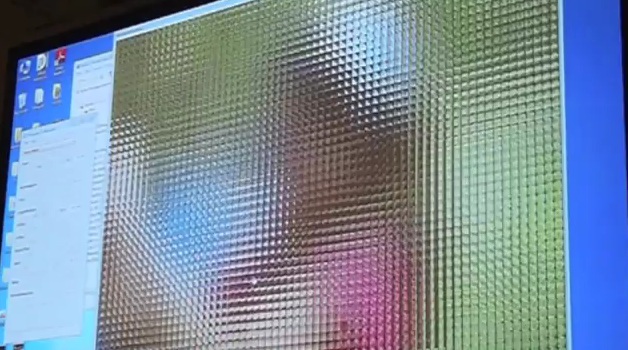
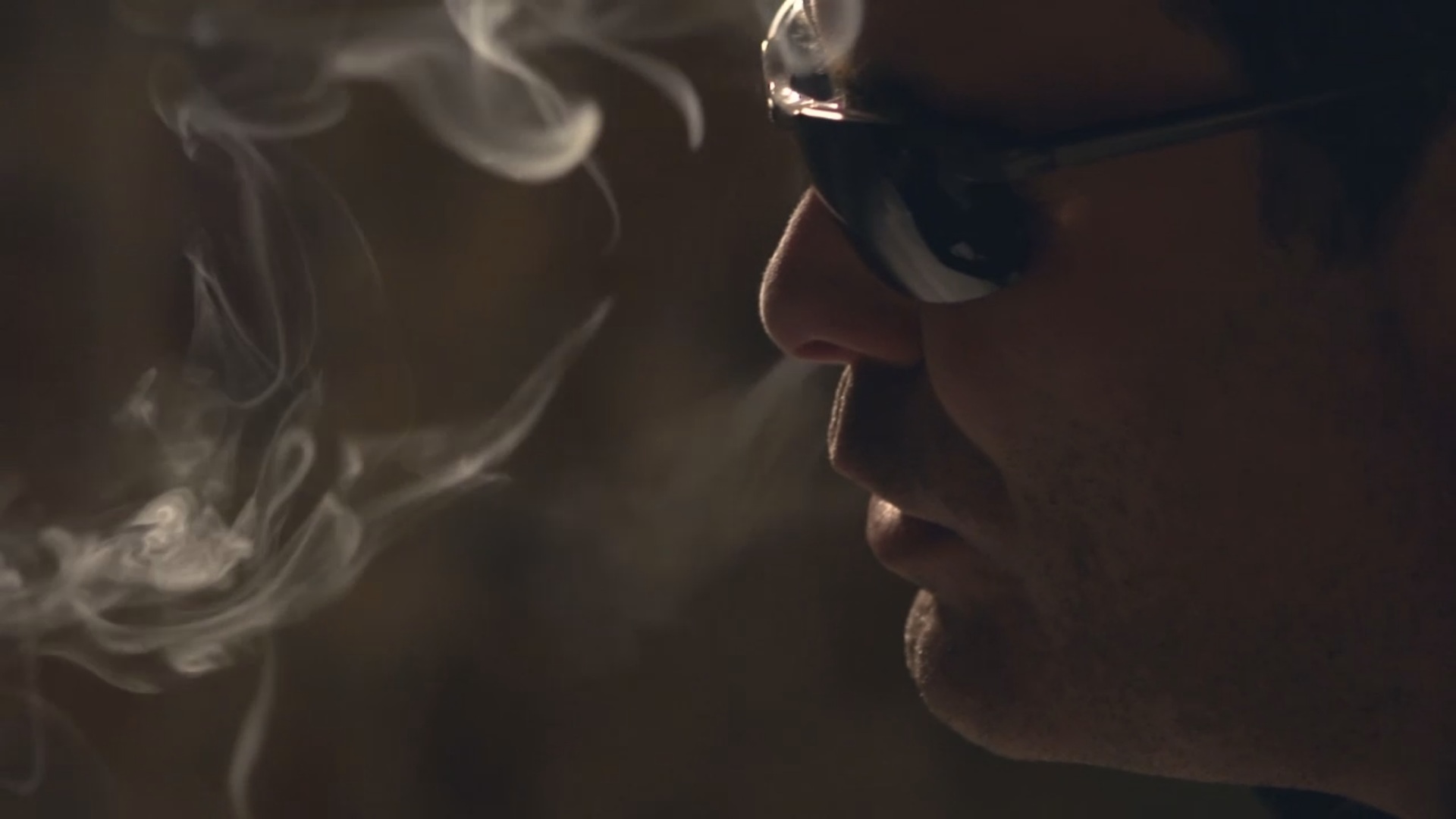
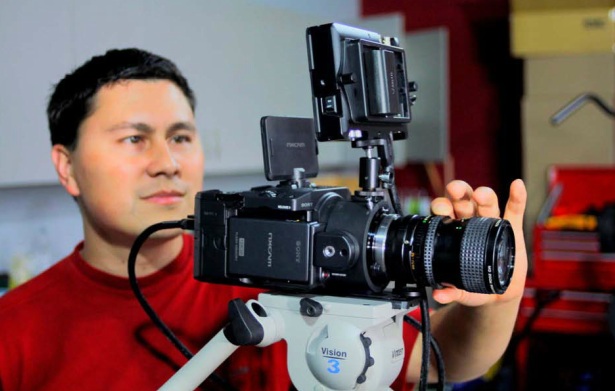


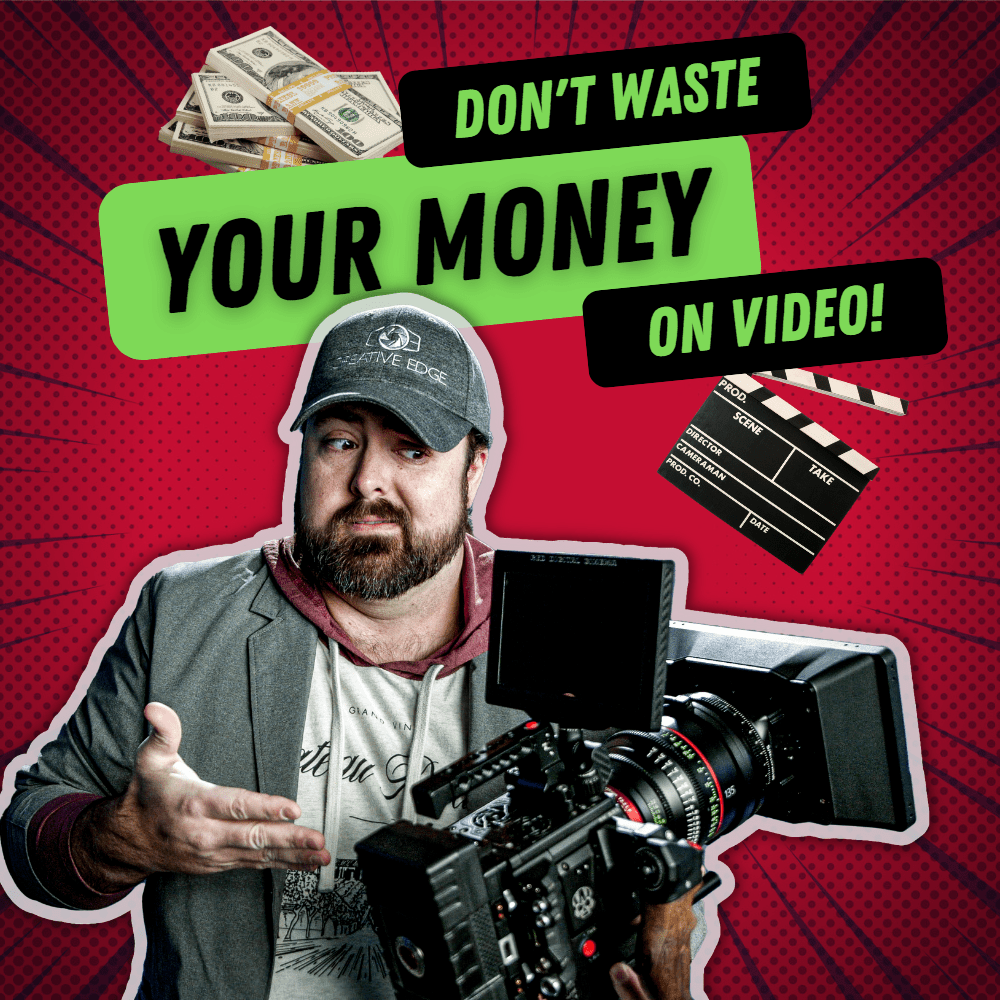
https://pq.hosting/help/poluchaem-spisok-tablic-mysql
It agree, the remarkable message